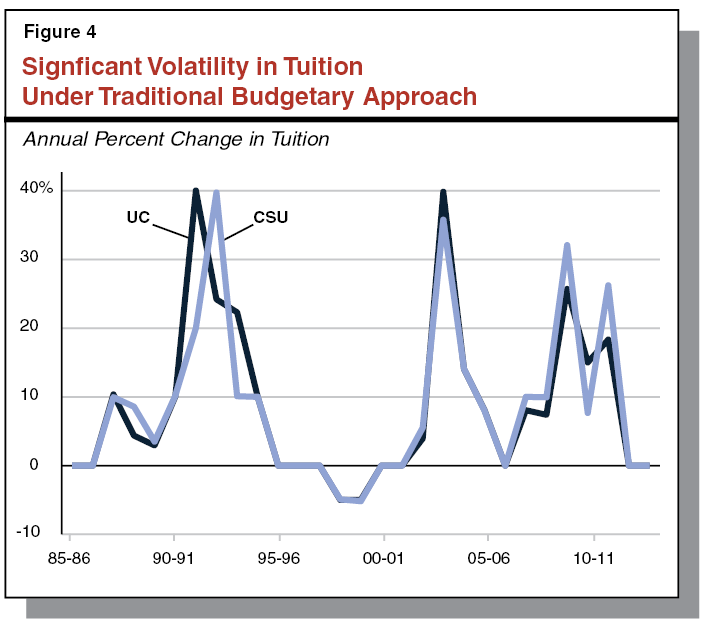As far as yours truly can tell, the major PBS affiliates in California have so far taken a pass on the hot potato program described below. That decision could have been because the threatened pension initiative that would have swept in UC was originally aimed at the November 2014 ballot. With it apparently off the ballot for now (see earlier posts), some stations might air the program. On verra.
The Wolf of Sesame Street: Revealing the secret corruption inside PBS’s news division
On December 18th, the Public Broadcasting Service’s flagship station WNET issued a press release announcing the launch of a new two-year news series entitled “The Pension Peril.” The series, promoting cuts to public employee pensions, is airing on hundreds of PBS outlets all over the nation. It has been presented as objective news on major PBS programs including the PBS News Hour.
However, neither the WNET press release nor the broadcasted segments explicitly disclosed who is financing the series. Pando has exclusively confirmed that “The Pension Peril” is secretly funded by former Enron trader John Arnold, a billionaire political powerbroker who is actively trying to shape the very pension policy that the series claims to be dispassionately covering…
According to newly posted disclosures about its 2013 grantmaking, the Laura and John Arnold Foundation responded to PBS’s tailored proposal by donating a whopping $3.5 million to WNET, the PBS flagship station that is coordinating the “Pension Peril” series for distribution across the country. The $3.5 million, which is earmarked for “educat(ing) the public about public employees’ retirement benefits,” is one of the foundation’s largest single disclosed expenditures. WNET spokesperson Kellie Specter confirmed to Pando that the huge sum makes Arnold the “anchor/lead funder of the initiative.” A single note buried on PBS’s website – but not repeated in such explicit terms on PBS airwaves – confirms that the money is directly financing the “Pension Peril” series.
With PBS’s “Pension Peril” series echoing many of the same pension-cutting themes that the Arnold Foundation is promoting in the legislative arena, and with the series not explicitly disclosing the Arnold financing to PBS viewers, the foundation’s spokesperson says her organization is happy with the segments airing on stations throughout the country. However, she says the foundation reserves “the ability to stop funding” the series at any time “in the event of extraordinary circumstances.” …
Full story at http://pando.com/2014/02/12/the-wolf-of-sesame-street-revealing-the-secret-corruption-inside-pbss-news-division/
 |
| Well, maybe not exactly like you! |










